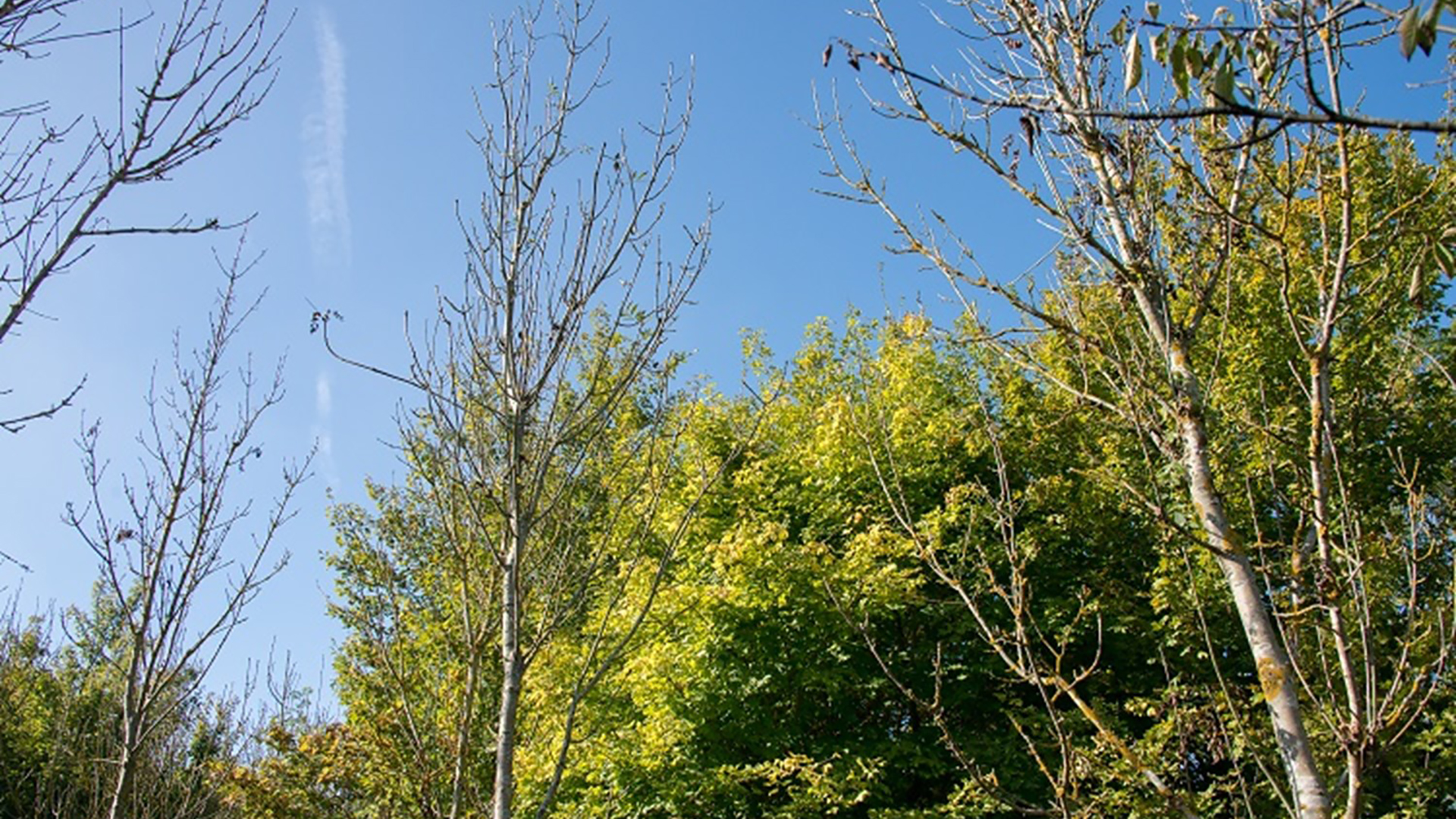Ash dieback could cost the UK economy around £15bn, researchers warn, as the disastrous environmental effects of the disease take their toll.
It’s the first time a financial cost has been attached to tree disease and the research team involved in the study said it highlighted the importance of tree health to both the environment and the economy.
Around half of the estimate (£7bn) will need to be spent over the next 10 years, they said, but regardless of this, 95-99 per cent of the country’s ash trees are expected to die of the disease. Curing or halting it is impossible.
We were quite shocked at the magnitude of the cost to society.
Researcher Dr Louise Hill, from Oxford University, said: “The numbers of invasive tree pests and diseases are increasing rapidly, and this is mostly driven by human activities, such as trade in live plants and climate change.
“Nobody has estimated the total cost of a tree disease before, and we were quite shocked at the magnitude of the cost to society.”
The report, published in Current Biology, added that there are 47 other known tree diseases that could arrive in Britain and add a further £1bn to the estimate.









